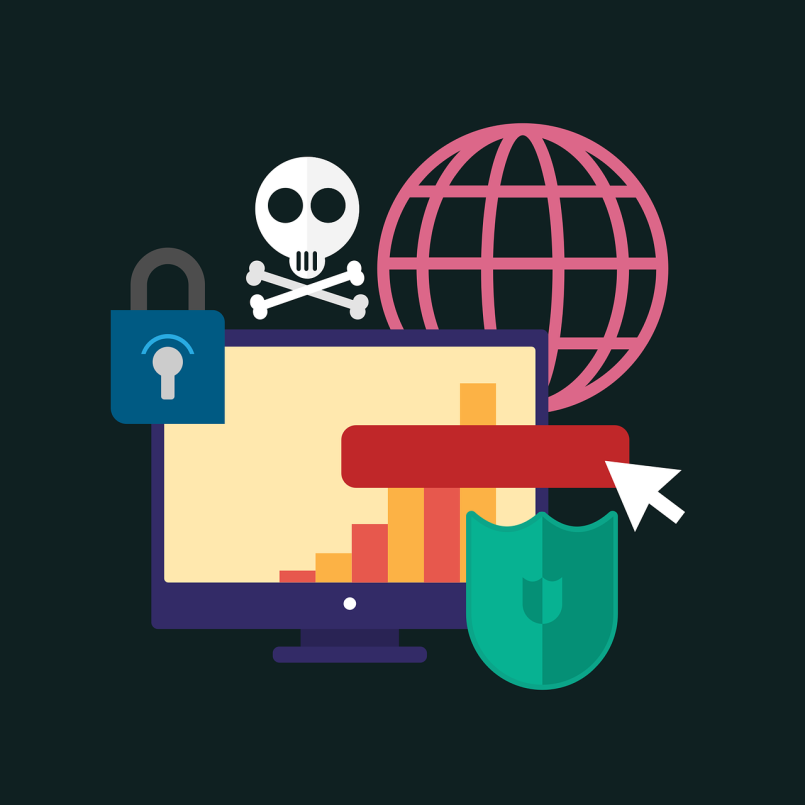
Cybercrime is an ever-growing threat, and one of its main targets is website owners. With more businesses operating online, they present a lucrative target for hackers and other types of online criminals. What's at stake is your critical internal data, your customers' personal and banking info, your reputation, as well as your operational ability. In one fell swoop, a well-executed attack can cost you your business. Here's how to secure your online investment.
Work with a Secure Web Service
Your security begins with the website builder and web hosting service that you use. For the most part, this will be a single provider, which is why you must ensure that they are a security-conscious service. A reputable and secure website builder will include security elements like HTTPS and an SSL certificate during the website design phase. A secure web hosting service will have secure servers with the best cybersecurity features like firewalls, antimalware, and DDoS protections. This is arguably one of the most important security decisions you can make as a website owner, as you will be entrusting your website to whichever web host you partner with. Their security protocols and capabilities determine your website's security.
Be Mindful of Your Passwords
Most cyberattacks targeting websites will attempt to take over your account. When a criminal gains control of your account, they gain control of your website and lock you out in the process. This is devastating as they can post malicious content on your website, scam your clients and partners, and steal or delete your business records. While this type of breach is devastating, you can avoid it by being vigilant with your password. Change things up with uppercase letters, lowercase letters, numerals, spaces, and special characters. This makes it harder for hackers to get your password using a brute-force attack. Also, don't reuse passwords for different services. You must also activate multi-factor authentication to add another layer of security in case your password gets compromised.
Don't Ignore Website Updates
Many website owners get frustrated when they get prompts from their web host or plugins they use to run updates. Cybersecurity is a cat-and-mouse game between security experts and criminals. Every now and then, criminals find vulnerabilities to target, and services seal these loopholes through system and security updates. Failing to run an update leaves your website's security exposed. Run updates as soon as they become available. In fact, you should manually check for update notifications if you haven't updated your website in a while; you might have missed a critical update notification.
Practice Personal Data Security
The best security protocols in the world can't protect you if you are careless with your personal information. Security starts with you, and you should ensure that you don't share information that can be used to compromise your accounts. Don't share sensitive information or intimate photos, as they can be used for blackmail. You should also secure the personal and business devices you use to access your accounts, as they may have stored passwords that can be exploited.
Conclusion
Website security, especially for business websites, is critical in the face of the mounting cybercrime threat. You can improve your website security by partnering with a secure web hosting service, using strong passwords, keeping your website updated, and being vigilant with your personal data security.












